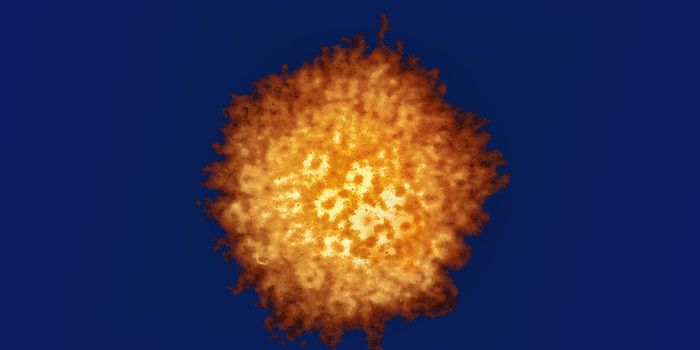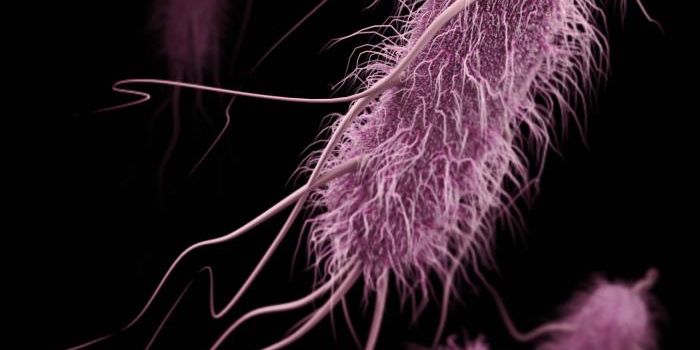Medication May Build Up in Gut Bacteria, Impacting the Drug & Microbiome
Gut microbes are crucial to our health. They aid in the digestion of food and absorption of nutrients. But they can also interact with medications we take. Now, researchers have found that drugs can build up in gut bacteria, which may affect the drug's efficacy, bacterial function, and the microbiome. This work, which assessed a variety of medications that are used to treat common disorders including asthma, depression, and diabetes, may help scientists learn more about side effects, and why drugs can have different effects on different people. The findings have been reported in Nature.
While scientists have known that bacteria can alter some medications in a phenomenon known as biotransformation, this research has suggested that bacteria may be changing the effectiveness of drugs in significant ways since they can accumulate in the microbiome where they are not useful, or cause bacteria to produce moleucles that are different from the ones they would normally.
“This calls for us to start treating the microbiome as one of our organs," suggested co-lead study author Dr. Peer Bork of the European Molecular Biology Laboratory (EMBL).
While there are hundreds or even thousands of different strains of bacteria in the human gastrointestinal tract, this work focused on 25 common gut bacteria and their interactions with fifteen drugs. A range of medications were selected, including antidepressants, which are linked to weight gain and can have a wide variety of effects on patients. That work revealed 70 interactions, 29 of which were not previously known. In seventeen of those 29 interactions, the medication built up in the bacteria but was not modified.
The researchers were surprised, since it was thought that biotransformation was the primary way that bacteria altered drug availability, said co-lead study author Dr. Kiran Patil, from the MRC Toxicology Unit at the University of Cambridge.
“These will likely be very personal differences between individuals, depending on the composition of their gut microbiota. We saw differences even between different strains of the same species of bacteria,” added Patil.
The antidepressant duloxetine and the anti-diabetic rosiglitazone accumulated in bacteria. Other drugs like the asthma medication montelukast and the chronic obstructive pulmonary disorder drug roflumilast were affected by different bacteria in different ways: modified by some, accumulating in others.
In a small model of a microbiome, in which a few types of bacteria were cultured together, the researchers found that the antidepressant duloxetine changed the balance of microbes. That antidepressant can bind to different metabolic enzymes in bacteria, so when it builds up in the microbes, the molecules that are typically generated by the bacteria change. Other microbes feed on those molecules, so the bacterial community as a whole is altered.
When the scientists gave bacteria that were exposed to duloxetine to a nematode worm model, the worms' microbiome changed, as did their behavior, compared to worms not given duloxetine-exposed microbes.
Since this study used a microbiome model, more research will be necessary to confirm these findings in humans, the researchers acknowledged. It seems clear, however, that more attention needs to be paid to microbiome-drug interactions.
Sources: University of Cambridge, Nature









